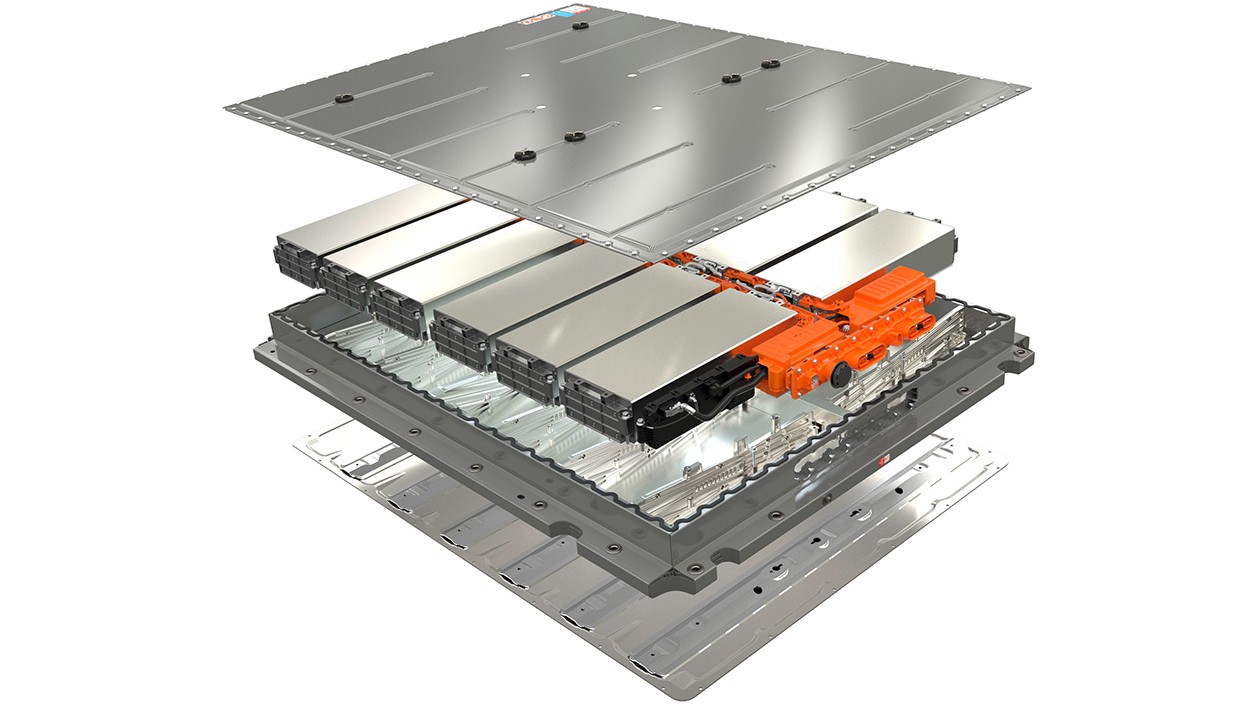Problems in the battery industry could mean that the EU does not meet its climate targets. This is the result of a report by the European Court of Auditors. While the EU and its Member States have effectively promoted industrial policy for batteries in recent years, difficult access to raw materials still often leads to supply shortages.
Added to this would be rising costs and tough global competition. Efforts by the EU to increase battery production may therefore not be enough to meet rising demand.Two possible scenariosThe auditors warn of two scenarios if EU battery production capacity does not grow as planned. It could happen that the EU will not ban the sale of new petrol and diesel cars until after 2035. This would not achieve the climate targets. In the second scenario, batteries and electric vehicles from third countries would have to be relied heavily on in order to achieve the EU climate targets. This is to the detriment of the European automotive industry and its employees. According to the European Automobile Manufacturers Association, almost every fifth new car registered in the EU in 2021 had an electric drive. In addition, the sale of new petrol and diesel cars is to be banned from 2035. Batteries are therefore of great strategic importance for the EU – and important for achieving climate goals, according to the Court of Auditors’ report.
source site-13
